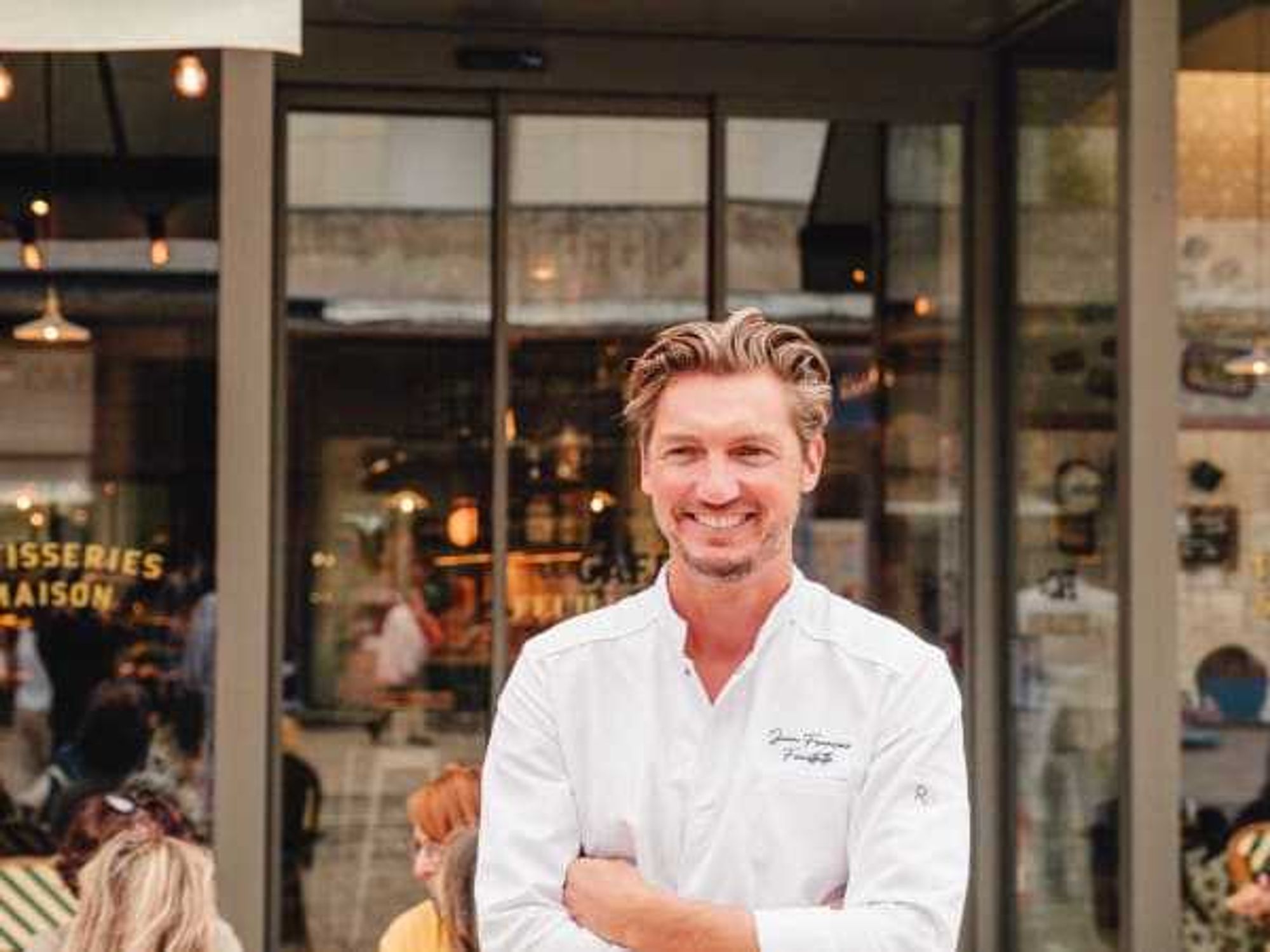Demographic revolution
City in transition: Sociologist Stephen Klineberg examines Houston's rich/poordivide & what it means
With the Houston Area Survey, Rice University sociologist Stephen Klineberg has charted the attitudes of the region's citizens for three decades, creating what has become one of the most comprehensive records of an American city ever compiled.
The Houston of 1982, the year Klineberg launched the annual report, could have never imagined the city portrayed in the 2012 survey released earlier this week. Its population has grown to become one of the most diverse in the nation. Its economy no longer strictly revolves around oil. And, for the first time in the survey's history, citizens are looking to repopulate the urban cores rather than searching for a large home in the suburbs.
"Houston is the story of a major recession that ultimately lead to this fundamentally restructured economy," he explained. "It's been fascinating to watch the city reinvent itself."
CultureMap spoke with Klineberg for a snapshot of the today's Bayou City and the twists and turns that got us here in the late 20th century.
"Houston is the story of a major recession that ultimately lead to this fundamentally restructured economy," he explained. "It's been fascinating to watch the city reinvent itself."
"When we started the report, the city was absolutely booming and was famous for imposing the least amount of control over development than any other place in the western world. This was a one-time project and our initial concerns were on traffic, pollution and crime — on measuring the social cost of growth."
Two months after the survey, the oil boom collapsed, setting off a period of decline throughout the decade that peaked with the 1987 recession. By 1990, he notes, the city's entire economy had been altered with a social structure to match.
A demographic revolution
"During the oil boom years in the 1970s, nearly one million people moved to Houston," Klineberg said. "This was an overwhelmingly Anglo group pouring into the city from all over the country because this is where the jobs were."
With the bust of '82, however, the Anglo population began to decline as the city's former base of good blue-collar jobs would disappear forever when the economy recovered with a broadened range of professional jobs.
"All the growth in the last 30 years has been non-Anglo growth," he explained. "This bi-racial Southern city dominated and controlled by white men has become the most ethnically-diverse city in America. It's phenomenal."
"This bi-racial Southern city dominated and controlled by white men has become the most ethnically-diverse city in America. It's phenomenal."
The sociologist, however, described these immigration patterns as "remarkably bifurcated" along socioeconomic lines, reflecting the rich-poor divide that has followed the city's development in recent decades.
"One group of immigrants — largely Asian and African — are coming with highest levels of professional skills we've ever seen in the history of immigration to America. Before immigrants would arrive as peasants and work their way up from peddler to plumber to professional. Now they arrive as doctors and engineers and move into those high-tech jobs Houston has been creating at a faster rate than other cities."
"Another group is arriving with striking educational deficits, largely Latino, for the city's low-level service and construction jobs," he said. "No city has benefitted from immigration like Houston, but there's still so much work to be done."
Interesting Times and a better tomorrow
"Houston has evolved into a place where education has become the critical determinant in a person's ability to support a family," Klineberg explained. "The future is housed between the ears of the best and brightest in America who can live anywhere."
He stressed the city's continued need to attract a highly-educated population while investing in the skills of the areas underserved communities.
On Friday at Discovery Green, Klineberg will join Mayor Annise Parker, Channel 8 interviewer Ernie Manouse and fashion designer Chloe Dao for a celebration and public screening of Interesting Times, a newly-released short film exploring the city's 30 years of change through the lens of the Kinder Houston Area Survey. Festivities, which include food and music, begin at 6:30 p.m. with the movie starting at sundown around 8:15 p.m.
"It's not too often that a sociologist gets to be the center of an event like this," he laughed. "It's been an honor to follow the city's dynamic changes all these decades."


 Coming soon to Missouri City.
Coming soon to Missouri City.